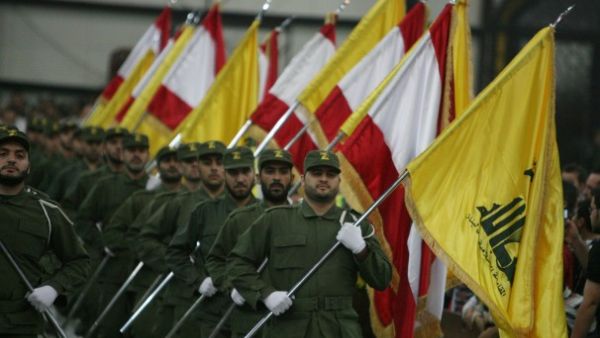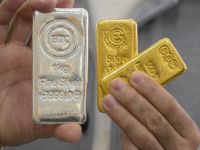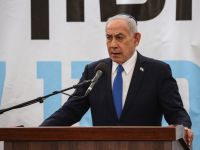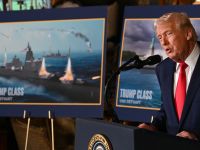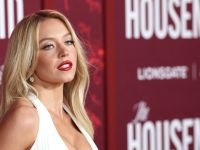Hezbollah fighters will stay in Syria until a political solution is reached to end the 5-year-old war that has killed more than 300,000, the party’s leader Sayyed Hasan Nasrallah said Monday.
He accused Saudi Arabia and Turkey of obstructing a political solution at the ongoing peace talks in Geneva between the Syrian government and representatives of opposition groups.
“A political solution is to reach a compromise that will preserve the president and the regime’s essential structure and find a place for the opposition. But what counts is the Syrian people,” he said in a wide-ranging interview with the Lebanon-based Al-Mayadeen TV station.
Nasrallah accused Saudi Arabia and Turkey of "obstructing progress toward a political solution," and added that the U.S. wanted a political solution in Syria that serves its goal. “The goal of America and its allies is to change the regime and control Syria,” he said.
He vowed to keep Hezbollah, which has been fighting alongside President Bashar Assad’s forces since 2013, in Syria until it achieves the goal of preventing the fall of Syria into the hands of Daesh and the Nusra Front.
“If Syria falls, Lebanon will also fall [into the hands of Daesh and Nusra]. As long as this aim has not been achieved, we will be where we should,” Nasrallah said.
He also warned Israel against attacking Lebanon, saying his party would fight back the Jewish state with no red lines.
While ruling out the possibility of a new Israeli war on Lebanon in the foreseeable future, he said Hezbollah has a full list of targets in Israel that includes nuclear reactors and biological research centers it can strike.
“Any Israeli war on Lebanon that targets Lebanon’s people and infrastructure, we will fight this war with no ceiling, limits or red lines. We can strike any target we want inside occupied Palestine,” Nasrallah said.
“It is our religious and natural right to strike any target in occupied Palestine to repulse any Israeli aggression. We have a full list of chemical plants, reactors and warehouses and where they are ... Israel’s Iron Dome won’t help it,” Nasrallah said, referring to Israel’s air defense system. “The Israelis know that a war on Lebanon will be very costly.”
He refused to disclose whether Hezbollah possessed balance-changing weapons. “We will not give security guarantees to the [Israeli] enemy. We want to protect our country and face the Israeli arrogance if Lebanon is attacked,” Nasrallah said. “It is the right of the resistance in Lebanon, the Lebanese Army and the region’s armies to possess any weapons to defend their presence, national security and sovereignty.”
Nasrallah also accused Saudi Arabia of being behind the move by the six-member Gulf Cooperation Council and the Arab foreign and interior ministers earlier this month to label Hezbollah a "terrorist" group over its intervention in Syria, Yemen and Bahrain.
He also rejected allegations that Hezbollah was involved in the five-year-old conflict in Bahrain, where a popular anti-government uprising was put down by a Saudi-led Gulf force one month after it broke out.
The GCC accused Hezbollah of sowing chaos in member states in its decision to blacklist Hezbollah, and Bahrain in January said it arrested a “terror” cell funded and directed by Hezbollah to carry out attacks in the country.
Turning to Lebanon’s internal political issues, when asked if he saw anything positive between Hezbollah’s ties with former Prime Minister Saad Hariri, Nasrallah noted that Hariri has been attacking his party since the first day of his return to Lebanon on Feb. 14.
Despite that, he insisted that dialogue between Hezbollah and the Future Movement launched more than one year ago would continue.
“There is no problem for there to be a meeting between me and Hariri, but we want to see the results of this dialogue first,” he added. Hariri in a recent interview said he was open to a meeting with Nasrallah.
Nasrallah reiterated Hezbollah’s commitment to supporting MP Michel Aoun for the presidency in the face of MP Sleiman Frangieh, who is backed by Hariri, Speaker Nabih Berri, MP Walid Jumbatt and a number of independent lawmakers. “We have done and will do anything to help Aoun reach the presidency,” he said, while describing Frangieh as an “ally and friend.”
By Hussein Dakroub and Louay Faouri


